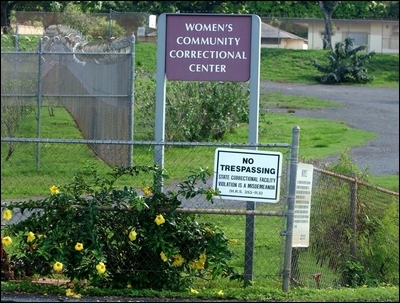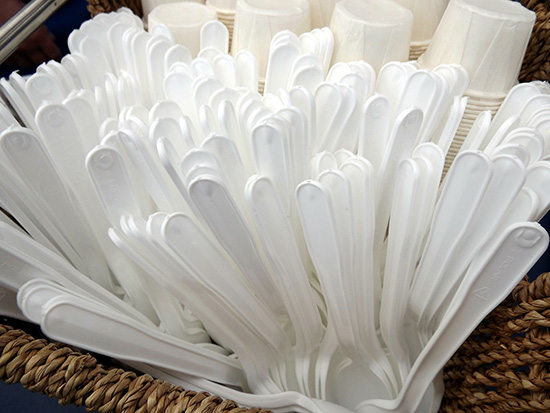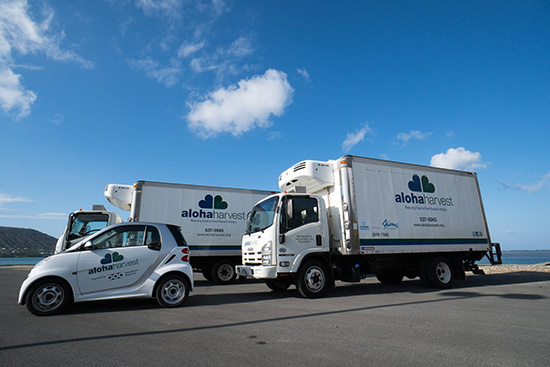
For the first time, WCC is offering two classes at the Women’s Community Correctional Center in Kailua.
It is part of WCC’s early college program, which seeks to enable and empower individuals such as high school students and inmates who are not able to attend traditional classes.
Currently, the classes offered at the correctional center are PSY 100: Introduction to Psychology with psychology lecturer Falisha Herbic and IS 103: Introduction to College with IS lecturer Gwen Demitria De Leeuw.
“We are not provided as many opportunities as one might hope,” said one student in the psychology class. “The opportunity to get an education I’ve never before been able to afford was irresistible.”
The goal of the program is not only to provide resources and an introduction to college to the inmates but also to increase enrollment at WCC, making it beneficial to both parties.
“It’s fairly new,” said Ha’aheo Pagan, one of the program coordinators at WCC. “But the positive results are the interaction and engagement that the students have in the class.”
Currently, the classes are limited to 20 students each. This is due to limited space.
However, there are plans to increase enrollment.
“At the orientation, we had 40 students show up,” Pagan said. “In future semesters, I’d like to have 60 and so on and continue to grow the program so that more and more students reap the benefits of what we have to offer.”
Next semester, WCC plans to offer more classes as well as to rotate class times to allow more inmates to attend who may have work or other commitments.
The types of courses to be offered in future semesters have yet to be determined.
“I haven’t been to school for nearly a decade, I forgot how much I love it,” a student said. “(Psychology class) is the highlight of my week, and it would feel amazing to accomplish something for myself.”
The early college program is made possible through the U.S. Department of Education Title III Native Hawaiian Serving Institutions Puʻuhonua: Places of Sanctuary grant project.
“(The grant) funds not only the instructors but also the coordinator, an adviser, books and other supports for students,” said Ardis Eschenberg, vice chancellor of academic affairs at WCC. “It serves WCCC (Women’s Community Correctional Center), Hawai‘i Youth Correctional Facility and Olomana School. Each facility provided input into the strategies and activities of the project proposal so that we could create a comprehensive program to serve the higher education needs of these institutions and our students there.”
One student said she would continue classes given the opportunity.
“I’m young and unfortunately serving a life term, so I’m doing everything I can to prove to myself that I have not wasted as much life as everyone likes to claim.”
So far, one of the only setbacks of the program has been the amount of time the students are able to remain in the class.
“We enroll students who are in some cases not able to complete the program due to release and parole into different programs in the community and different residential programs,” Pagan said. “Once they leave the facility, they can’t come back to just take the classes.”
However, after release, students can enroll directly at WCC, and the college tries to integrate them into the student body as quickly and seamlessly as possible.
Editor’s note: The names of the students at WCCC who were interviewed in this story have been withheld due to privacy and security concerns.
by Susannah Shores, Ka ‘Ohana Staff Reporter




